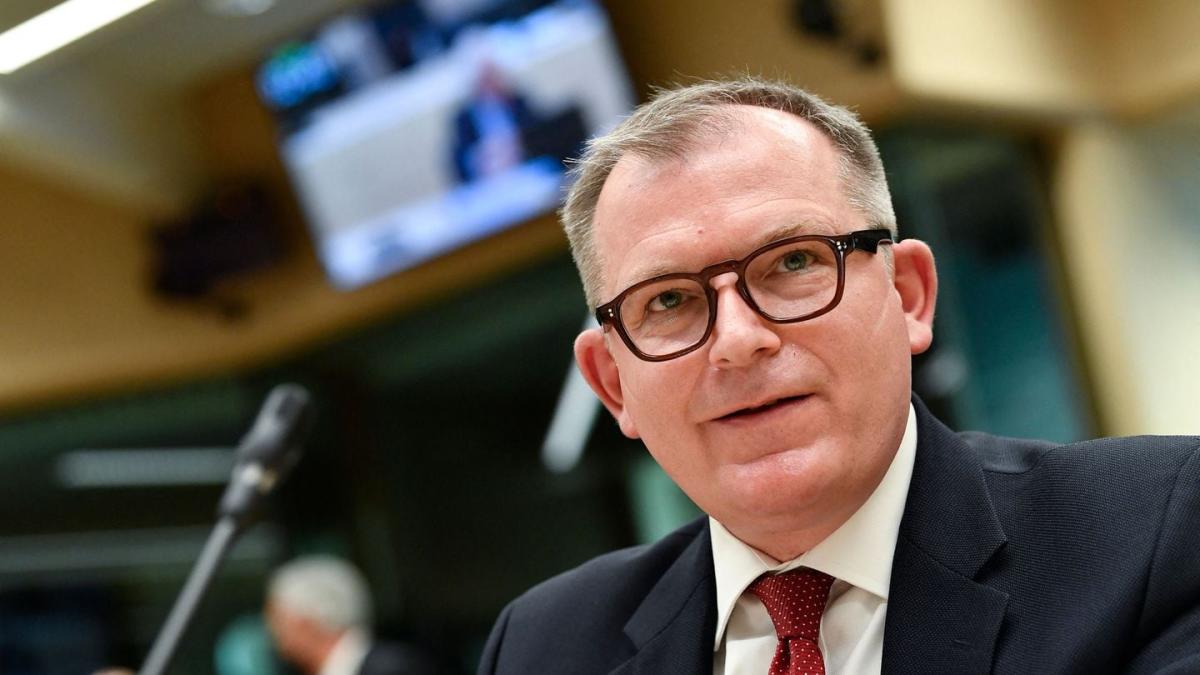CAPE TOWN, South Africa (AP) — South Africa’s elections have decided little, except that the African National Congress that liberated the country from apartheid in 1994 has lost its 30-year majority.
However, it remained the largest party. With no one having a majority, South African party leaders begin coalition talks to form a government. South Africa has never had to do this because of the ANC’s long dominance.
There are four major political parties and at least eight with a significant share of the vote after last week’s elections. It will be complicated.
Here’s a guide to some of the key figures and what might happen as South Africa enters uncharted territory.
PRESIDENT CYRIL RAMAPHOSA
The 71-year-old Ramaphosa, once a protege of Nelson Mandela, has now overseen the worst election result in the ANC’s history. He is under pressure both within his own party and from voters, but he managed to laugh when an official made a mistake on Sunday, calling him the “extinct” president rather than the distinguished one. “I am not extinguished yet,” Ramaphosa said.
The challenge for Ramaphosa is to lead his party to a coalition he sees as the best amid various factions within the ANC. The obvious choice is the main opposition Democratic Alliance. Together they would have enough seats in parliament to govern. But the public prosecutor has been fiercely critical of the ANC’s policies for years and the marriage would not be easy, even though both have said they are open to discussions.
Another option for the ANC is to join one or both of the two other main opposition parties, the uMkhonto weSizwe Party, or MK Party, and the Economic Freedom Fighters. That could damage South Africa’s image among foreign investors, as MK and the EFF have both pledged to nationalize South Africa’s major gold and platinum mines and the central bank.
Ramaphosa’s presidency is at stake, as a coalition agreement must also translate into his re-election for a second term. South Africans vote for parties in elections to decide how many seats they get in parliament. Lawmakers then elect the president and the ANC now does not have enough lawmakers to re-elect Ramaphosa.
JOHANNES STEENHUISEN
Steenhuisen, 48, is the main opposition leader as head of the centrist DA and the only white leader among the four main parties. He said his party also started talks with several parties apart from MK and the EFF. The DA has drawn the line there and said it will never work with these two due to ideological differences.
Bringing together Steenhuisen’s DA and Ramaphosa’s ANC is widely seen by analysts as the most stable coalition option. Some have suggested that other smaller parties could be involved to create a broader coalition and dilute the ANC-DA mix.
FORMER PRESIDENT JACOB ZUMA
Zuma was the leader of the ANC and president of South Africa until he was replaced in both positions by Ramaphosa. They have become fierce rivals. Zuma, who is 82, was the wildcard of these elections after only announcing his political comeback in December. His newly formed MK party had a huge impact, winning 14% of the vote and taking some of the ANC’s support to become the third largest party in the first elections.
Zuma’s party has demanded Ramaphosa’s resignation as a condition for a coalition, a sign of personal animosity. The ANC rejected the condition. Although it seems like there is little they can work with to come together, MK now has a significant vote share and seats in parliament.
Zuma, who has served a prison sentence for contempt of court, is due to stand trial next year on corruption charges. Due to his criminal record, he was not allowed to stand for a seat in parliament in these elections.
JULUS MALEMA
Malema’s EFF party lost support in the elections and fell to the fourth largest party after MK. Malema is the youngest of the major leaders at 43 and also has long-standing ties to the ANC as a former youth leader before he was expelled for misconduct.
His party is known as a rabble-rouser and follows a Marxist ideology, but there is common ground between the party and the ANC. The EFF was put forward as a logical coalition partner for the ANC before MK overtook it and diminished its significance. Due to their differences, the inclusion of the EFF and the MK in any coalition could lead to the DA’s withdrawal.
___
AP Africa News: https://apnews.com/hub/africa







